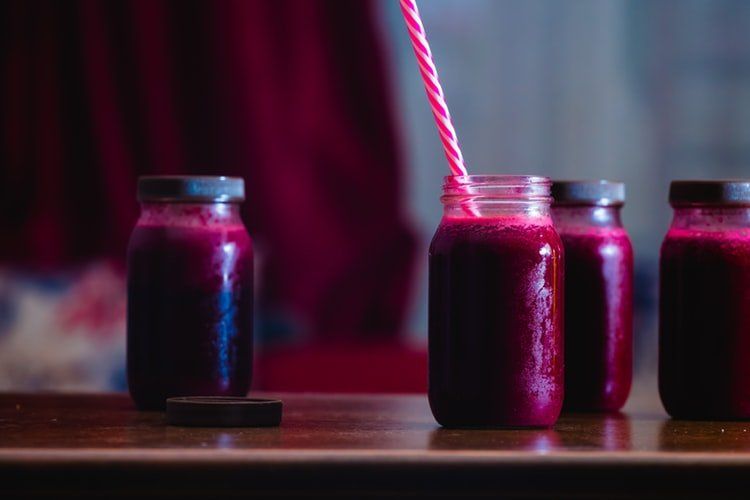
BEETROOT AND ATHLETIC PERFORMANCE
Many studies attribute to the beetroot the ability to affect athletic performance. Our nutritionist Dr. Felicina Biorci talks about it.
It is difficult to attribute such importance to a herbaceous plant, yet the common beetroot (Beta vulgaris), known as red beet, seems to deserve so much recent attention.
Why is the beetroot so important for sports performance?
Known in the past ten years in the cardiovascular field for its cardio-protective role and the ability to reduce blood pressure at rest, the beetroot is climbing positions in the sports field. The Australian Sports Commission has recognized the beetroot as a natural supplement with proven action on performance. The beetroot sits next to the creatinine for efficacy and safety of action, with an effect on reducing the cost of oxygen in submaximal exercises.
The first study was conducted in 2007, on 9 trained subjects. After taking 1/2 l of beet juice and tested with the cycle-ergometer, they reduced the consumption of VO2max by 45-80% compared to placebo. Effectiveness of overall reduction of muscle fatigue has been later confirmed in cyclists, skiers, runners, rowers, kayakers and team sports athletes.
The role of improving the sports performance shown by the beet is due to the quantity of nitrates (on average 125mg / 100g) that it contains and the ability to transform them into nitric oxide, which – once released in the intestine – spreads by exerting an action on the vessels vasodilatation and an antithrombotic effect for inhibition of platelet aggregation. Therefore, vases, remain dilated, clean and in healthy conditions.
In terms of sports performance, it is the physiology of the muscle that tells the importance of nitric oxide, the production of which in fact increases by 50-200% during muscle activity. The resulting vasodilation increases the blood flow to muscle fibers by facilitating the arrival of oxygen and nutrients and the elimination of waste substances. But the mechanism of action also involves the mitochondria, influencing their efficiency: after supplementation with beet juice, the number of ATP molecules produced per consumed oxygen molecules increases by 19%, thus leading to a reduction in the cost of oxygen during exercise.
What will be the suggested daily quantity?
To consume the portion sufficient to improve performance – from 300 to 400 mg – it would be necessary to consume about 200 grams; the most practical way is to use the concentrated beet juice.
WOULD YOU like to receive a nutrition plan all to yourself that helps you in your performances?
Have a look at our proposals here: Nutritional Plans and Sports Diets
athletic performance, endurance nutrition, nutrition for trail running, nutrition in trail running races, nutrition plans, Sports Diets, Sports Nutrition, trail running nutrition








